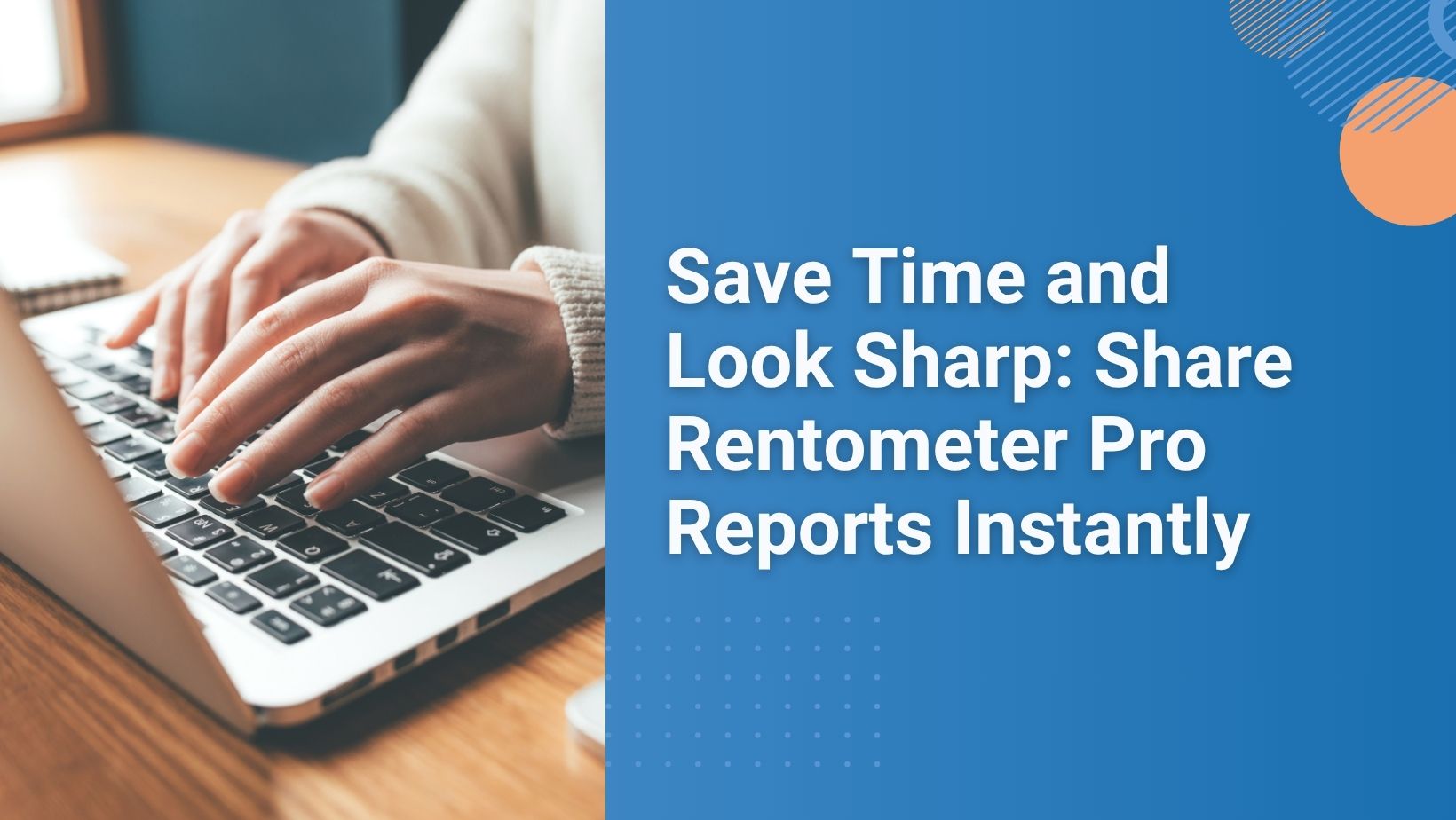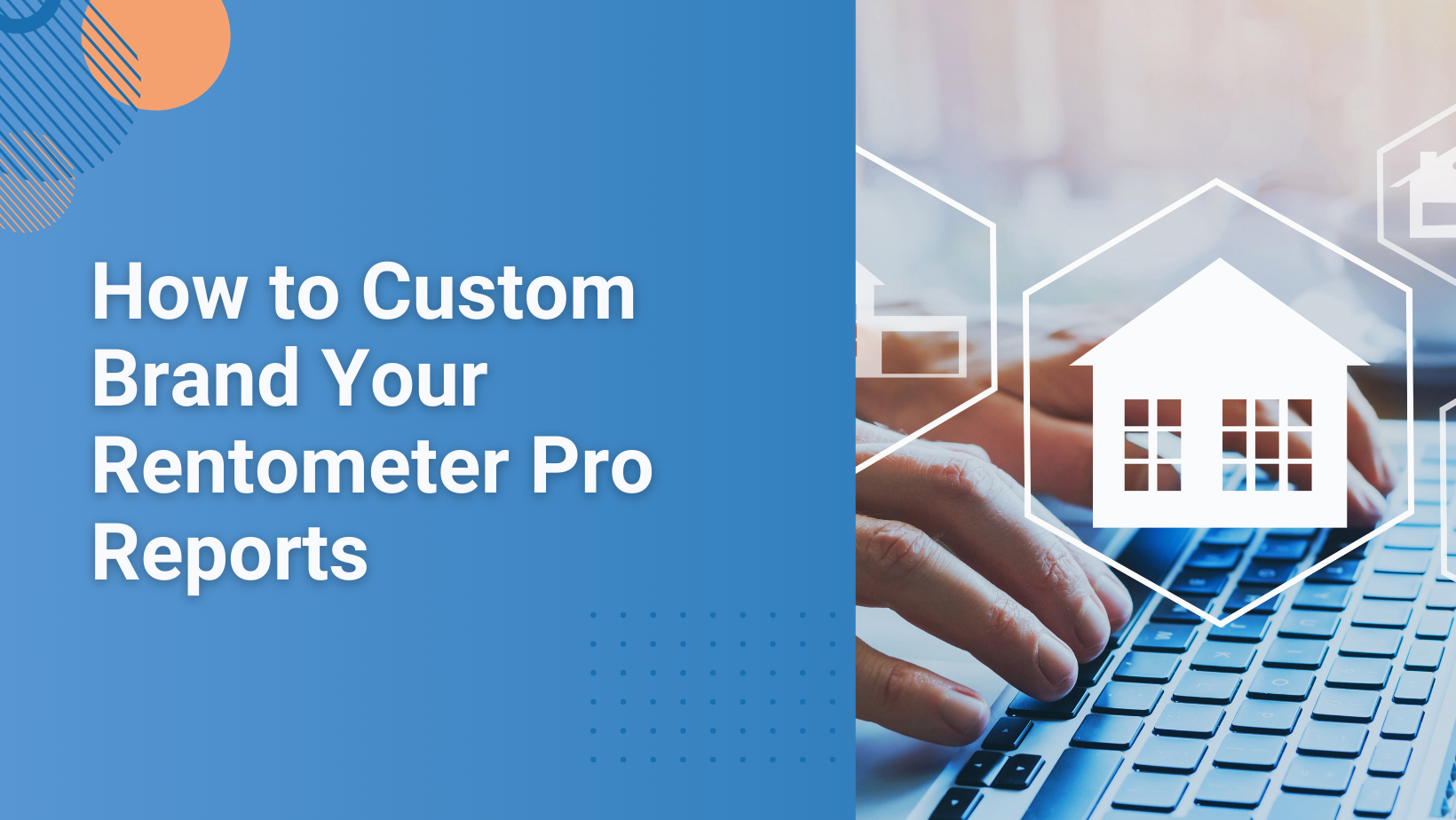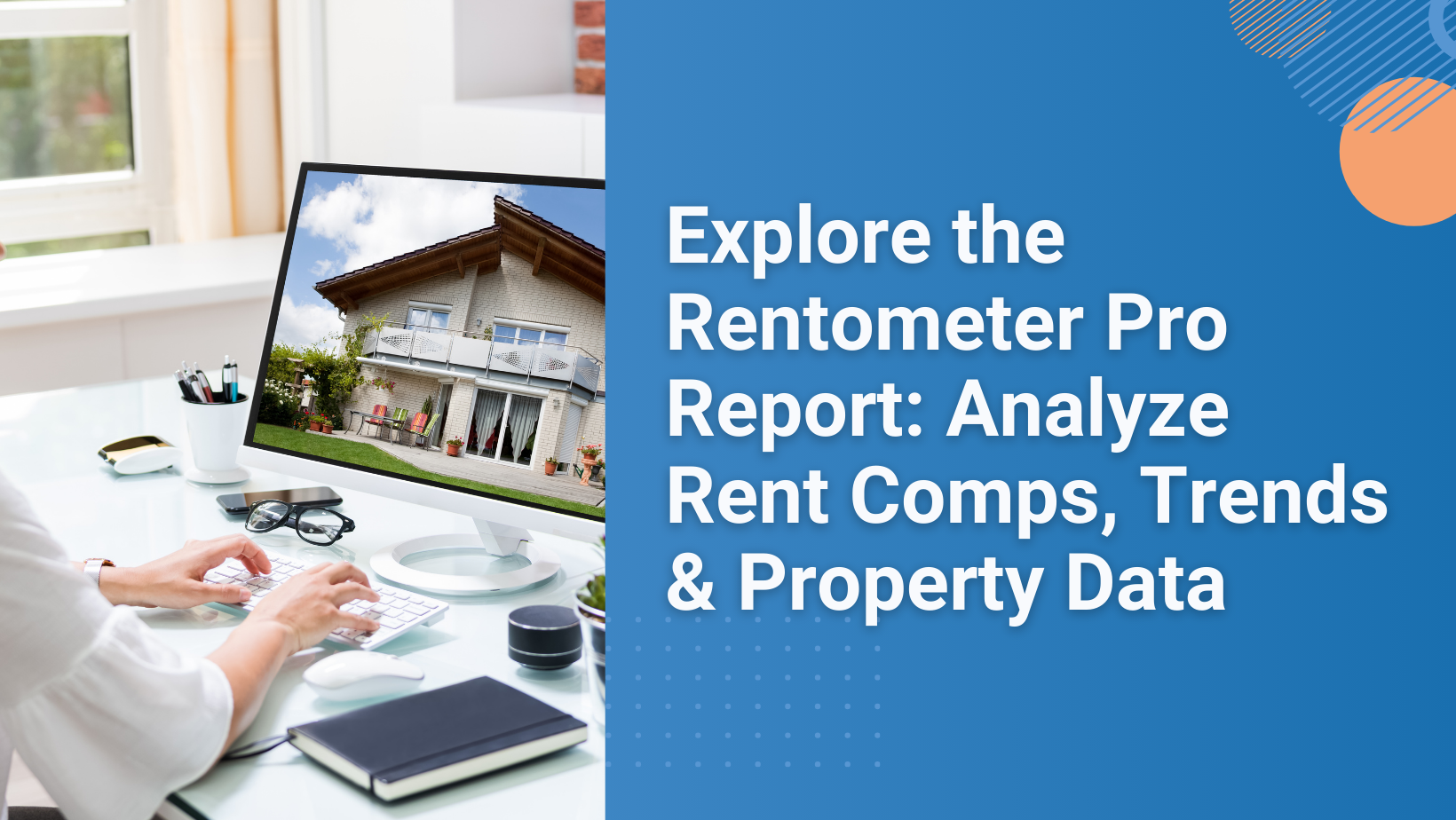
Evaluating Cash Flow on a Prospective Investment Property

When it comes to real estate investing, before making a purchase on a property, you should start with the right research and analysis to make sure you can meet your investment goals. Nicole Purvy of the Better than Success real estate network uses Rentometer to help investors, like herself, analyze cash flow before making an investment.
In Nicole’s video below, she provides step-by-step guidance on how to calculate the cash flow before you buy a property. Additionally she walks through how to determine the potential rental income for a property using Rentometer Pro.
Calculating Rental Income
When determining the rental income on a property, Nicole’s go-to rent analysis tool is Rentometer.
“You need to have the Pro version of this website if you are serious about investing in real estate. This is where you can get rents, average rents for any property ... you can do deep research on properties as you are practicing analyzing deals.”
With the Rentometer Pro Report, Nicole can quickly and easily evaluate rents by seeing the average, median, and 25th and 75th percentiles rents at the top. The report also includes valuable statistical information, including historical rent trends, formatted into easy-to-read visuals.
Stay connected
Get rental market insights delivered straight to your inbox.
Nicole’s favorite Pro Report feature is the list of rent comps. The rent comps are displayed on a map, with more in-depth details listed below. You can see where each rent comp is located in comparison to the subject property using the map view, or analyze detailed property reports below. You can also download the list of rent comps as a CSV file.
Using the Pro Report, Nicole is able to quickly analyze comps, perform due diligence, and determine what the rental income will be for her subject property.
Considerations To Make When Calculating Cash Flow
Calculating the cash flow for an investment property is a crucial part to determining its profitability. Along with Nicole’s advice to calculate the cash flow, here are some of our top picks for making sure your investment property can profit.
Gather Financial Data
Start by collecting all the relevant financial information related to the rental property. This includes:
- Rental Income: The total rent you receive from tenants.
- Operating Expenses: All the costs associated with owning and managing the property, such as property taxes, insurance, maintenance, repairs, property management fees, and utilities.
- Mortgage Payment: If you have a mortgage on the property, note the monthly principal and interest payments.
Vacancy Rates
No property is occupied 100% of the time. You should factor in a vacancy rate to account for periods when the property is unoccupied. Typically, a 5-10% vacancy rate is a good estimate, but this can vary by location and property type.
Tax Implications
Consult with a tax advisor to understand how rental income, expenses, and depreciation may affect your tax liability. Certain expenses may be tax-deductible, potentially reducing your overall tax burden.
Periodic Reviews
Keep in mind that rental property cash flow can change over time. Markets fluctuate, expenses can increase, and rental rates may change. Periodically review and update your calculations to ensure your investment remains profitable.
Conclusion
Evaluating rental income correctly is a crucial step when analyzing a property. Using a reliable tool, like Rentometer, to determine the rental income for a prospective investment property will help you determine if the property meets your investment criteria and overall goals.
Featured in this article…
Nicole Purvy - Better Than Success CEO
The Better Than Success Real Estate League is the world’s most comprehensive and robust real estate club for first-generation entrepreneurs, investors and wealth builders.
Stay connected
Get rental market insights delivered straight to your inbox.

 LinkedIn
LinkedIn
 Facebook
Facebook
 Email
Email
 Twitter
Twitter
 Quickly evaluate current rents with QuickView™ Rent Estimates
Quickly evaluate current rents with QuickView™ Rent Estimates

